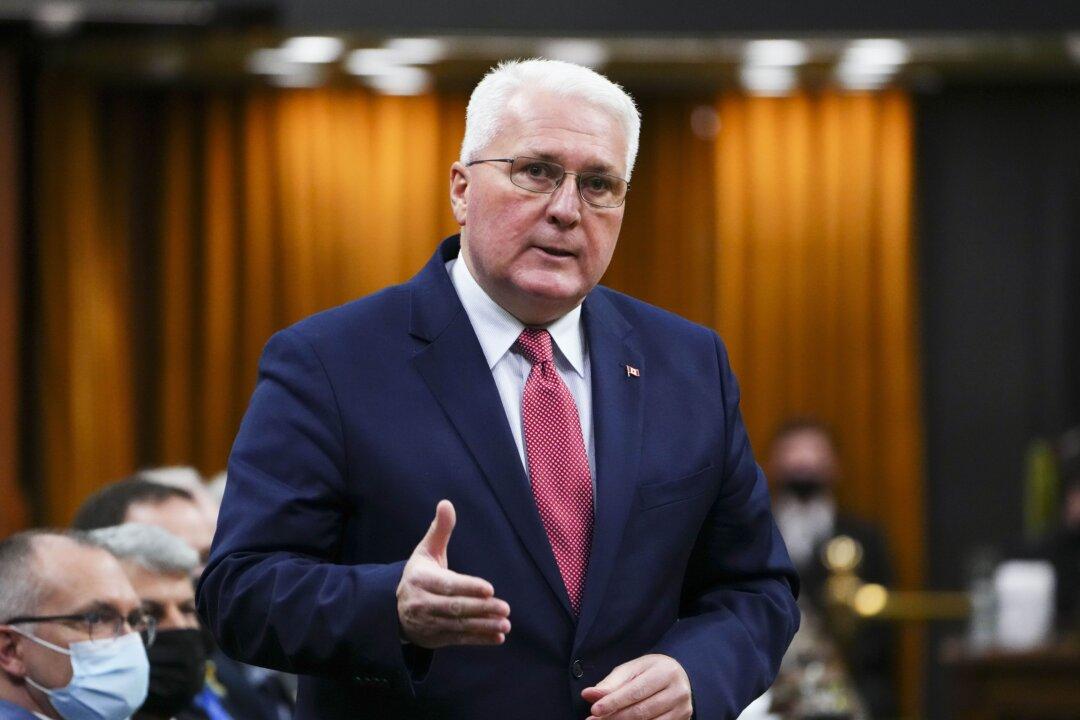In an effort to prevent federal censorship of public records, the Commons access to information committee is requesting that Ottawa conduct a system overhaul so that Canadians can obtain the information they need to hold the government to account.
As first reported by Blacklock’s Reporter, the committee says Canada’s access to information system “continues to have flaws” and that the federal government needs to conduct a “comprehensive review and overhaul” of it.





